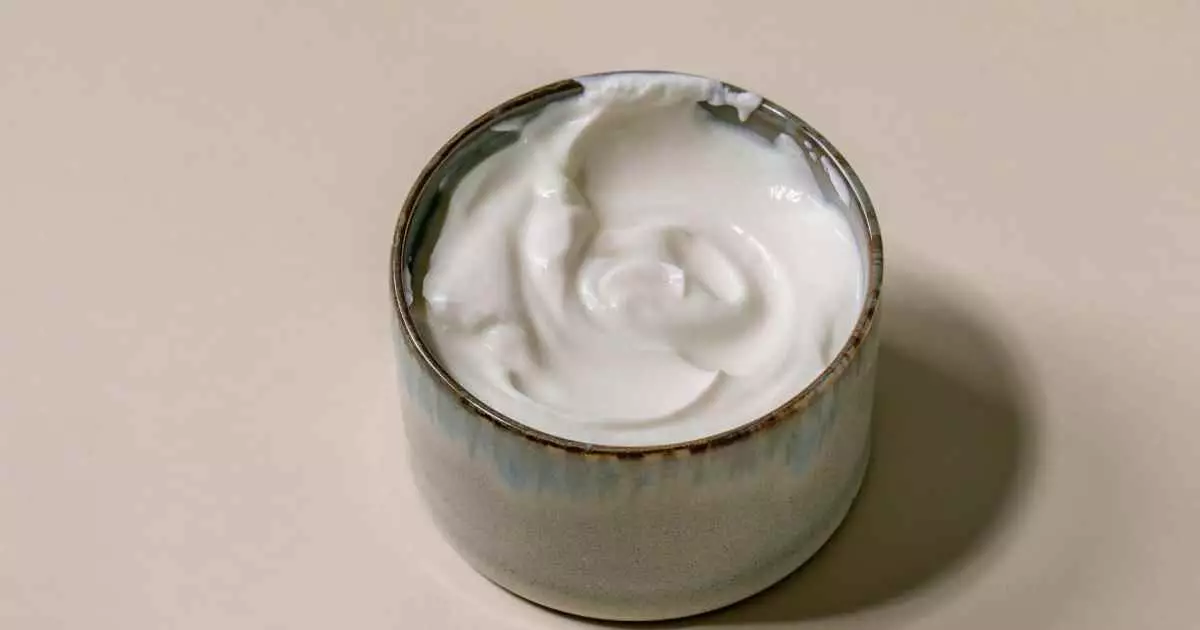When considering what to feed our beloved canine companions, it’s essential to navigate food choices with caution. One common item that often makes its way to the dinner table is sour cream. The question lingers: can our dogs indulge in this creamy delight? The short answer is yes, but with significant caveats. Sour cream is a dairy product rife with lactose, making it a potential hazard for lactose-intolerant pups. Before you scoop a dollop into your dog’s bowl, it’s essential to consult with your veterinarian to ensure it’s a safe addition to their diet.
Health Benefits or Gimmick?
While sour cream offers a minuscule amount of calcium, positioning it as a health boon for your dog is pushing the envelope. Calcium plays an integral role in bone health, but there are far superior alternatives to meet this nutritional need. Foods like yogurt and spinach provide a bounty of calcium without the harmful effects of excessive fat and lactose. If sour cream is not the best source of nutrients, why consider introducing it at all? The answer lies in moderation and enjoyment. A spoonful of sour cream can be a delightful treat, but it should never be mistaken for a health supplement.
The Downside of Dairy
Saturated fat looms large as one of the many downsides to incorporating sour cream into your dog’s diet. Overconsumption can usher in a host of health problems, including obesity and heart disease. Therefore, small doses are the key. Most dogs will savor the flavor—a few tablespoons here and there could spice up their mundane diet. Yet it’s essential to designate sour cream as an infrequent indulgence rather than a staple snack. Moderation is crucial, ensuring your furry friend stays happy without compromising their health.
A Hiding Place for Medications
If you’re navigating the labyrinth of administering medications to your pet, sour cream might just be the secret weapon you need. Known for its robust smell and appealing texture, a small dab of sour cream can expertly disguise pills, enticing even the most discerning dogs to partake. This clever strategy can make your life significantly easier and gives your dog a pleasant experience while taking their medication. Still, this should not morph into a habit where sour cream becomes an everyday item in your dog’s diet.
Setting Clear Boundaries
Ultimately, sour cream is not inherently toxic; however, its role within your dog’s dietary regimen should be limited. Treats should enhance their quality of life, not introduce risks. If you choose to share that creamy goodness with your pup, keep it to an occasional treat—think of it as a surprise bonus rather than a regular offering. As you mingle to create a wholesome diet for your dog, solidify boundaries and ensure treats remain a joyful, albeit rare, indulgence. In this way, you can indulge your pup while maintaining their overall health and well-being.

